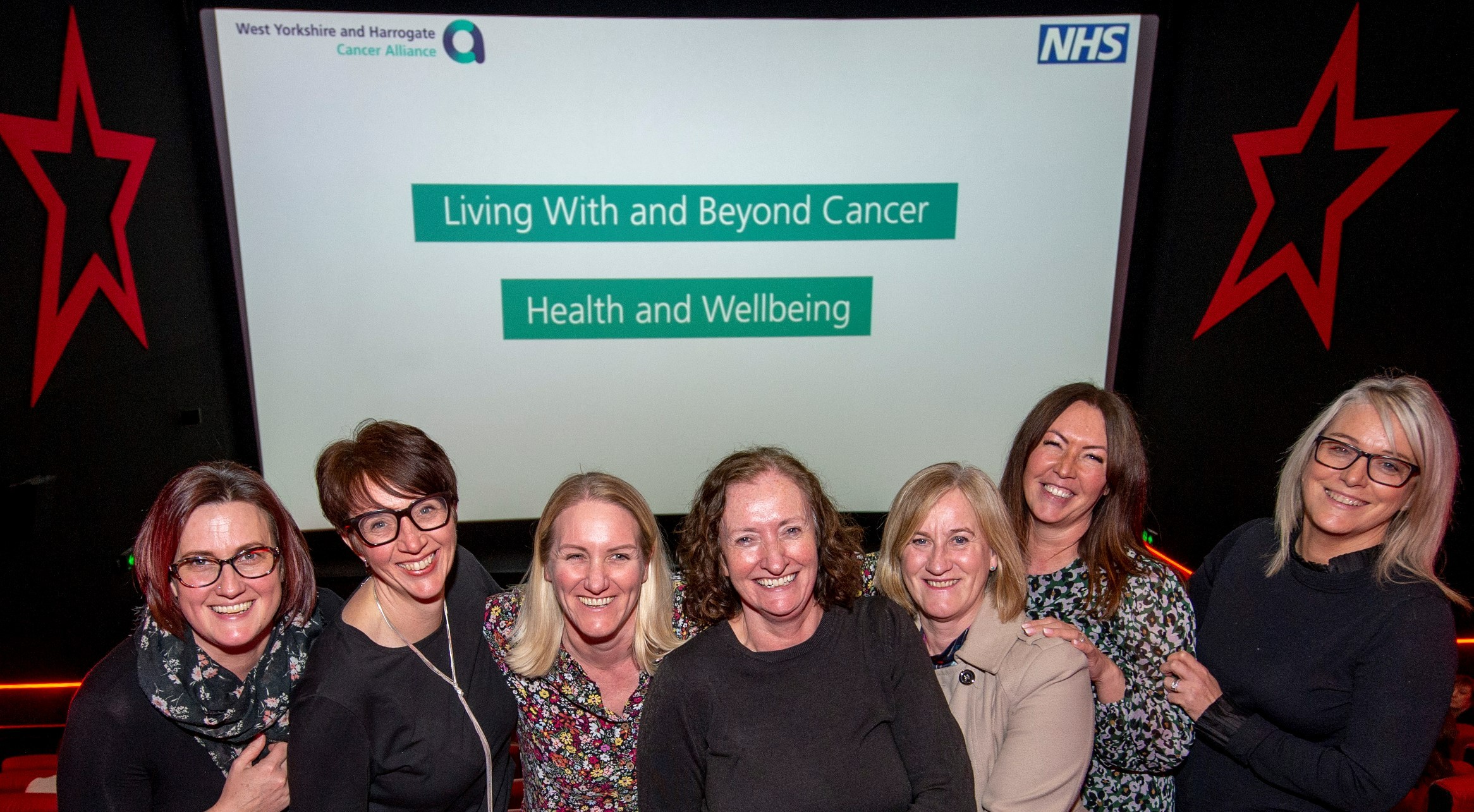The Living with and Beyond Cancer programme aims to ensure people affected by cancer receive the help and support they need to live as full, healthy and active a life as possible both during and after cancer treatment.
As well as dealing with the physical effects of a cancer diagnosis, many people face other psychological difficulties such as worry, anxiety, depression and psychosocial challenges. Care and support will vary from person to person and should be tailored to their own specific needs and those of their family and loved ones.
More people than ever are surviving cancer, around two thirds of those who receive a cancer diagnosis live 5 years or more. This progress has been driven by improvements in knowledge of how to treat and control cancer, combined with the commitment of NHS staff to deliver transformative care.
Around 90,154 people diagnosed from 1995 to 31st December 2020 were living with and beyond cancer in West Yorkshire and Harrogate. By the year 2030, it's expected that this number will rise by ~34,000 to ~124,000 people. Many of these people living with a cancer diagnosis are older and may have other health conditions too.
The ambitions will be delivered in a way that improves quality of life outcomes; improves patient experience outcomes; reduces variation, and reduces inequalities.

